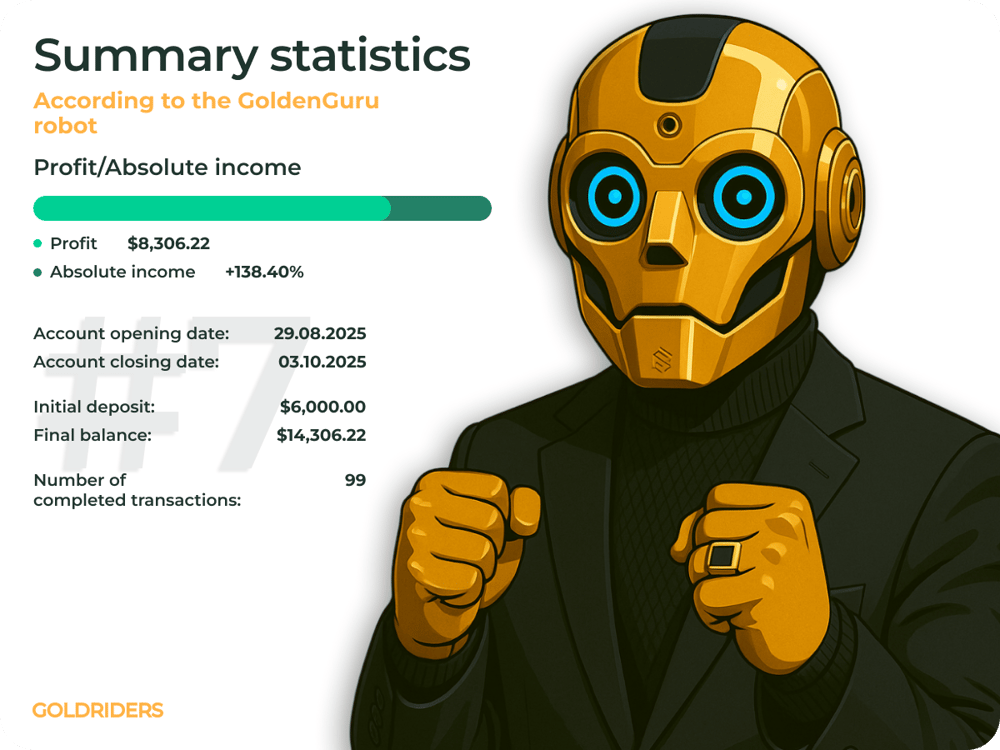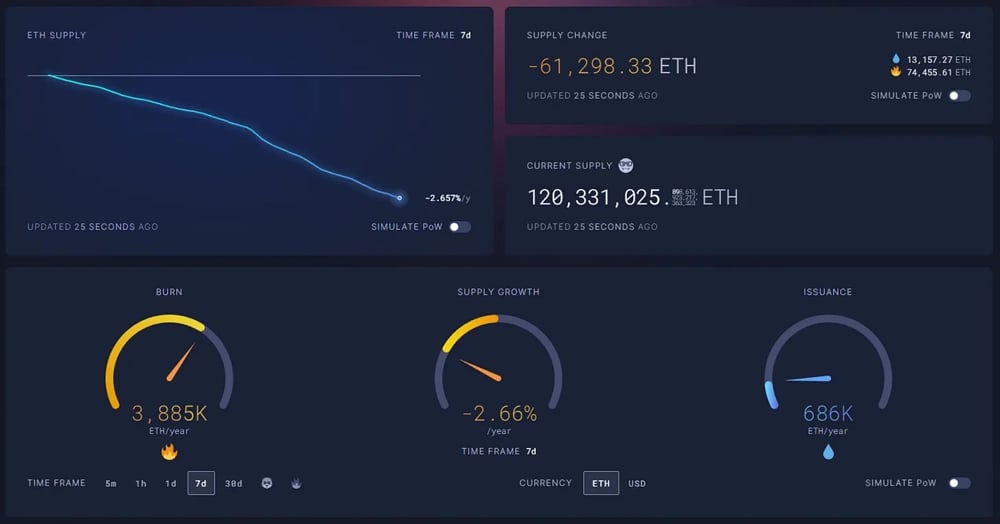Loss of Market Leadership: AstraZeneca Falls Behind HSBC

AstraZeneca Plc $AZN, one of the leading pharmaceutical companies worldwide, has lost its status as the most valuable company listed on the London Stock Exchange. This event is a direct consequence of the stock market's reaction to changes proposed by the administration of U.S. President Donald Trump regarding drug price reductions.
Impact of Changes on AstraZeneca's Stock
On Monday, shares of AstraZeneca fell by 5.8%, marking a significant blow for investors. This decline in share price led to a reduction in the company's market capitalization to approximately £154 billion (around $203 billion), dropping it below HSBC Holdings $HSBC, which has a market capitalization of £156 billion.
Reasons for the Stock Decline
Several factors have contributed to the decline in AstraZeneca's stock price:
Trump Administration's Plans: The proposed measures to reduce drug prices raised concerns among investors about diminished profits for pharmaceutical companies.
Global Trends in the Pharmaceutical Market: The apprehensions regarding pricing policies affected not only AstraZeneca but also other pharmaceutical entities, indicating a worldwide trend toward volatility in healthcare sectors.
Economic Uncertainty: Broader economic factors, including trade wars and fluctuations in financial markets, add an additional layer of instability.

Analysis of AstraZeneca's Current Position
The loss of market leadership highlights not only changes within the company but also the challenging external conditions it faces. A critical step will be for AstraZeneca to adapt to this new financial reality and reconsider its strategy going forward.
Key Consequences for AstraZeneca
Decreased investor confidence;
Increased difficulty in attracting new capital;
Necessity for reevaluating business models and research initiatives.
Future Outlook
With impending uncertainties in drug pricing regulations and policies, AstraZeneca’s future may be at risk. However, potential scientific advancements and innovations in developing new medications could provide the company with pathways for recovery. Genetic research and developments in genome editing technologies may hold the key to reinstating competitiveness.
The loss of its status as the most valuable company amid changing regulatory policies serves as a serious signal not only for AstraZeneca but for the entire sector. The company must be ready to adapt to shifting conditions and explore new avenues for growth and development. Time will tell whether AstraZeneca can regain its market stature and reclaim its leadership among pharmaceutical firms.














Comments
Such a game-changing sale might accelerate global adoption of advanced automation technologies